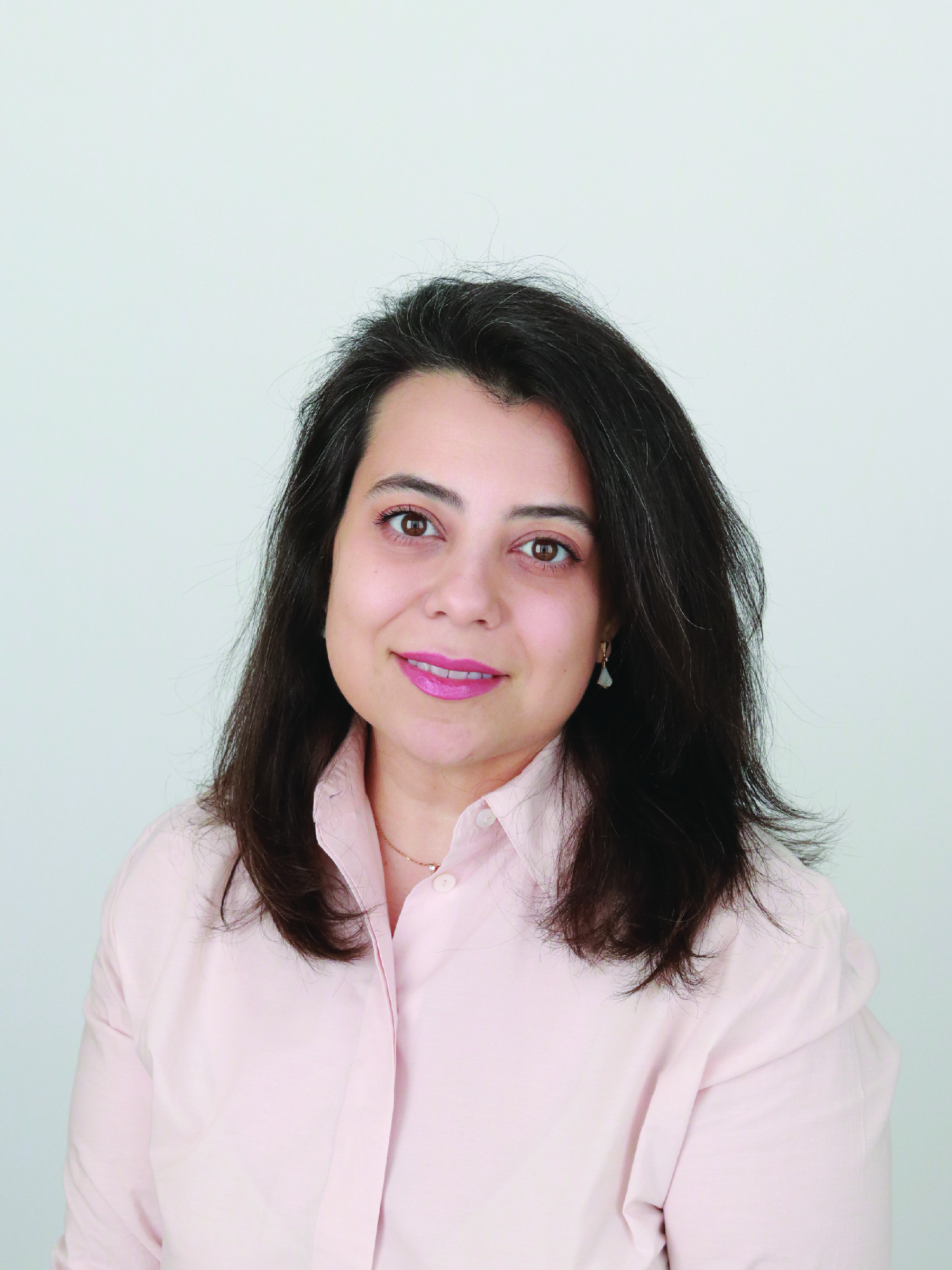By Maryam Kamal Eldin
When I first heard about the Sahiyo Activist Retreat, I knew I had to be a part of it. The retreat presented a unique opportunity for me to connect with others who shared the same commitment to ending female genital cutting (FGC) as I did. For years, I’d been passionate about advocating for survivors and raising awareness about this deeply rooted issue.
My journey in this movement began in Egypt, where I worked alongside pioneering activists like Nawal El Saadawi, who fearlessly challenged the cultural and systemic roots of FGC. Being part of that movement shaped my understanding of the complexities surrounding this practice and inspired me to continue the fight on a global scale.
As I’ve shifted my focus to the United States, I’ve realized that the movement here is still relatively small and in its early stages of growth, unlike in Egypt, where discussions about FGC have been ongoing for almost a century. This retreat felt like a pivotal moment for the movement against FGC in the U.S., as it brought together passionate individuals who are laying the foundation for a larger, more coordinated effort.
A Space to Learn and Grow
One of the most valuable aspects of the retreat was the sense of community it fostered. Meeting other activists from diverse backgrounds who are all working toward the same goal as me was incredibly inspiring. I was struck by how everyone brought their own unique perspectives and experiences, yet we all shared a common purpose: to create a world free from FGC.
The workshops and discussions were particularly impactful. I learned about new strategies for community outreach, effective ways to engage with policymakers, and how to use storytelling as a powerful tool for change. I also appreciated the safe space created during the retreat, which allowed us to have honest and sometimes difficult conversations about cultural norms, challenges, and the complexities of addressing FGC within our different communities.
The diversity of experiences shared during the retreat reminded me of the Egyptian women and their family members, many of whom shared harrowing stories of survival. Their resilience and courage continues to fuel my advocacy today, and it was heartening to see those same qualities reflected in the activists at the retreat.
My Journey in the Movement
My involvement in the movement to end FGC stems from a deeply personal place. Witnessing the impact of FGC on individuals and communities in Egypt and beyond has fueled my desire to be part of the solution. Working alongside Nawal El Saadawi taught me the importance of integrating education, advocacy, and storytelling to address this issue from all angles.
In the U.S., the movement faces unique challenges. Many people are unaware that FGC even happens here, or they view it as a problem that exists only in other countries. Advocates often struggle to secure funding and attention for the issue, which makes it difficult to build momentum. This retreat, however, showed me that even though the movement in the U.S. is small, it is growing—and the commitment and passion of those involved give me hope for its future.
Building on the Momentum
The retreat has profoundly shaped how I view my role as an activist. It reminded me of the importance of self-care and collective support in sustaining this work. I left feeling more confident in my ability to navigate the challenges that come with advocacy and more determined than ever to push for change.
Moving forward, I plan to incorporate what I’ve learned from the retreat into my ongoing projects. I am currently working on community workshops that address the intergenerational effects of FGC, and I hope to expand my efforts by collaborating with local schools and clinics to create safe spaces for survivors to share their experiences. The connections I made at the retreat will be instrumental in helping me achieve these goals.
A Call to Action
The Sahiyo Activists Retreat has been a transformative experience that I will carry with me for many years to come. It reminded me that while the road to ending FGC is challenging, we are not walking it alone.
The movement to end FGC in the U.S. is still small, but it is growing—and it needs all of us to help it flourish. Sharing your story, educating your community, or supporting survivor-led efforts, every action makes a difference. Together, with shared knowledge, resources, and determination, we can create lasting change.
If you’re considering attending a future retreat or getting involved in the movement, I encourage you to take that step. Whether you’re just beginning your journey or have been involved for years, there’s always something new to learn and ways to grow.
To my fellow activists: thank you for your courage, your voices, and your unwavering commitment to this cause. Together, we are stronger.

